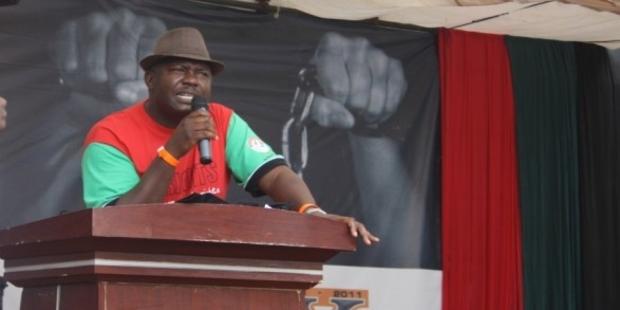President Robert Mugabe granted an interview to CNN reporter Christiane Amanpour today – his first interview with a Western news agency in years. Mugabe spoke to Amanpour while he was in New York attending the UN General Assembly meeting. The interview yielded many choice soundbites. Here are a few of my favorites:
He denied that Zimbabwe is in economic shambles, saying it grew enough food last year to feed all its people. Which is interesting because the World Food Program is busily feeding 1.8 million people in Zimbabwe and Malawi is busily selling maize to Zimbabwe because it needs to import food to feed its citizens.
In refuting criticisms leveled against his government’s policies by Bishop Desmond Tutu, Mugabe said “He doesn’t know what he’s talking about, the little man.” Hmmm. The Nobel Peace Prize committee might refute that assertion.
“Elections don’t go all that smoothly all the time in many countries,” he said. “Look what happens elsewhere. They didn’t go smoothly here, look at what happened during the first term of Bush.” Ok. Valid that elections don’t always go smoothly. However, if you are going to point specifically at the Bush/Gore contest as your comparative example, you might want to think again; because even though many of us were pretty darn unhappy with how things went down, there are some very stark differences between Zimbabwe in 2008 and the US in 2000.
First, not going “smoothly” is probably a pretty good description of events in the US whereas it masterfully understates events in Zimbabwe. In the time between the actual vote and the final determination of who won, people were not killed, tortured and sexually assaulted in the US in an attempt to create an atmosphere of political intimidation.
Second, our political stand off was resolved by the US Supreme Court and ended with a peaceful transfer of power (whether we wanted it or not). In Zimbabwe, Mugabe had his arm twisted into a power sharing agreement and then signed that agreement with his fingers crossed behind his back.
Now I’m not ever going to say that things are all sweetness and light and wonderful in the US, but I do think Mugabe could have come up with a slightly better comparison if he wanted to make a point that elections don’t always go “smoothly.”
You can watch the interview here and respond in our comments section with your favorite moments.
